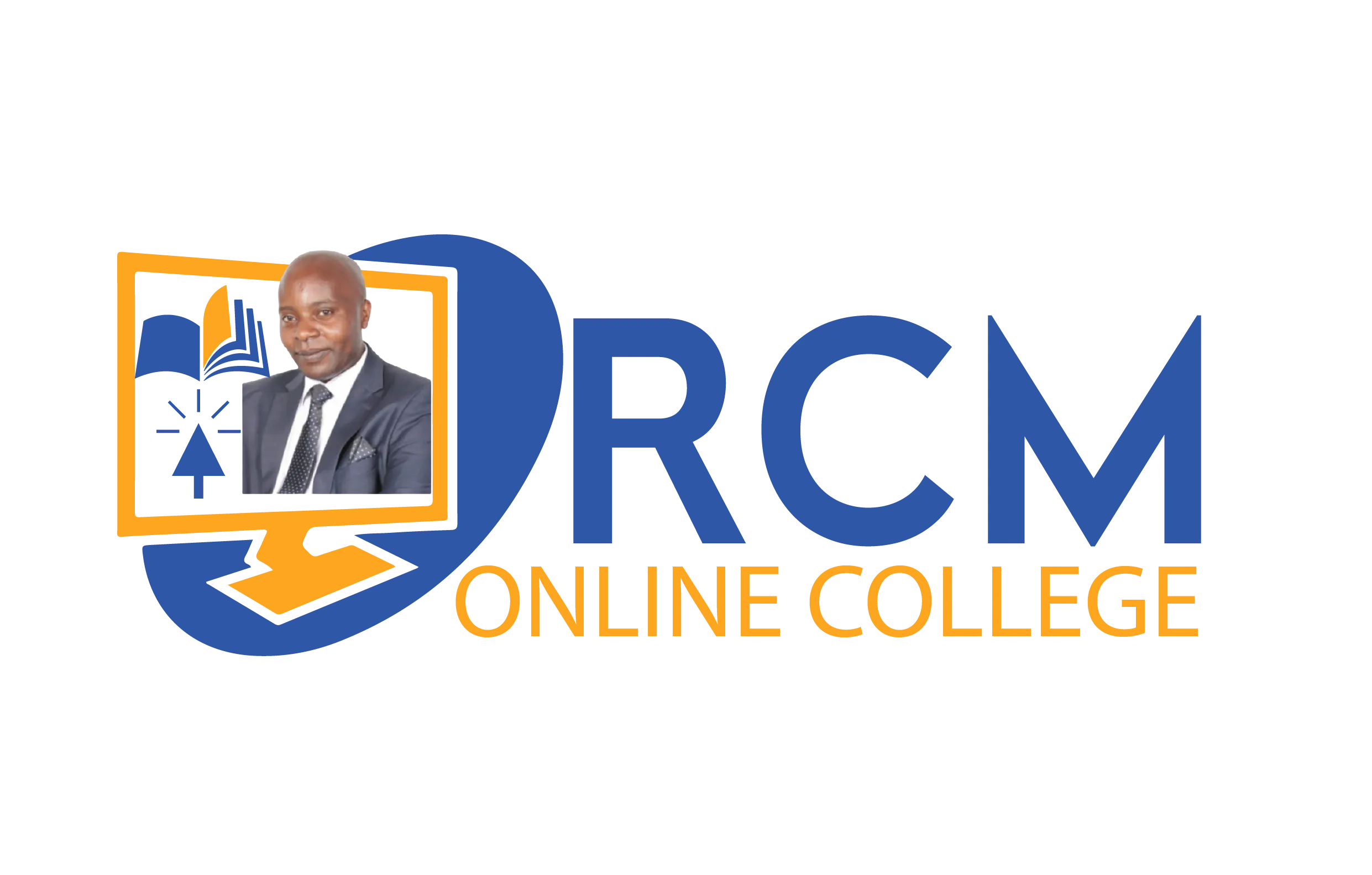8.2 Powers and duties of directors
DUTIES OF DIRECTORS
- Fiduciary duties (trustee)
- Directors are trustees of the company’s money and property in the sense that they must account for all the company money and property and to refund to the company any of the money or property which they have improperly paid away or transferred.
- A director as a fiduciary (trustee) is under an obligation to disclose any interest he has in any transaction with the company especially when his interest is likely to conflict with that of the company to which he is appointed director.
- Directors have a duty not to divert any contracts meant for the company to their own benefit
In Cook V Deeks
- Directors are trustees of the powers entrusted to them in the sense that they must exercise their powers honestly and in the interest of the company and the shareholders and not their own interest. Thus, they are said to be trustees of the power of approval transfer of shares, share allotment, employing company’s funds making calls and forfeiting shares and as trustees, they may be rendered liable for the misuse of such powers.
- Duty of care, skill and diligence
- Directors should carry out their duties with reasonable care and exercise such skill and diligence as is reasonably expected of persons of their knowledge and experience. If a director fails in the exercise of his duties, he is liable for negligence. The standard of care, skill and diligence depends upon the nature of the business and the circumstances of the case.
- A director is not bound to give continuous attention to the affairs of his company. His duties are intermitted (on and off) in nature to be performed at periodic board meeting and at meetings of any committee of the board upon which he happens to be placed. He is however not bound to attend all such meetings; though he ought to attend whenever he is reasonably able to do so.
- In respect of all duties, that may properly be left to some officer having regard to the circumstances of the business and the provisions of the articles, a director in the absence of grounds of suspicion, is justified in trusting that officer to perform such duties honestly and efficiently. Thus a director can only be made liable on the basis of his personal negligence and not the negligence to delegate some responsibility to officers or employees of a company whose previous conduct had given no ground for mistrust of suspicion.
- Directors must not neglect the interests of employees who are the most important assets of the company. They have to ensure that employees are properly remunerated and are provided with proper allowances e.g. medical and leave allowances.
- Duty to promote the success of the company
A director shall act in a manner that he considers good faith and promote the success of the company and for the benefit of its members as a whole.
- Duty to act within his powers
A director shall act in accordance with the constitution of the company and only exercise powers for the purposes for which they are conferred.
- Duty to exercise independent judgment
This duty is not infringed if director acts in accordance with an agreement duly entered into by the company that restricts future discretion.
